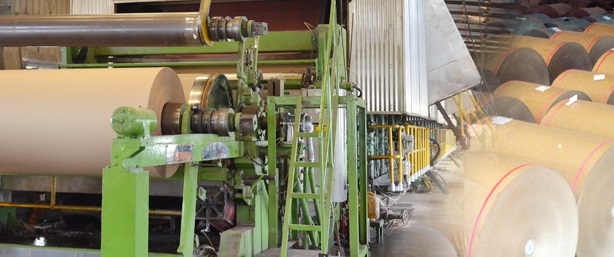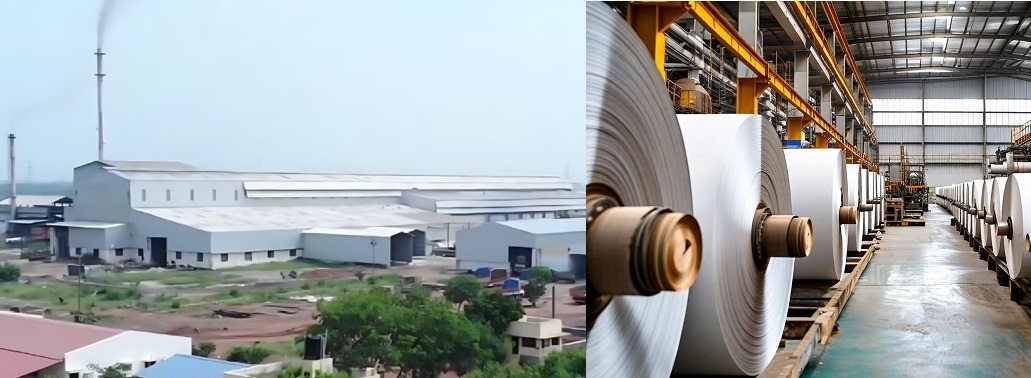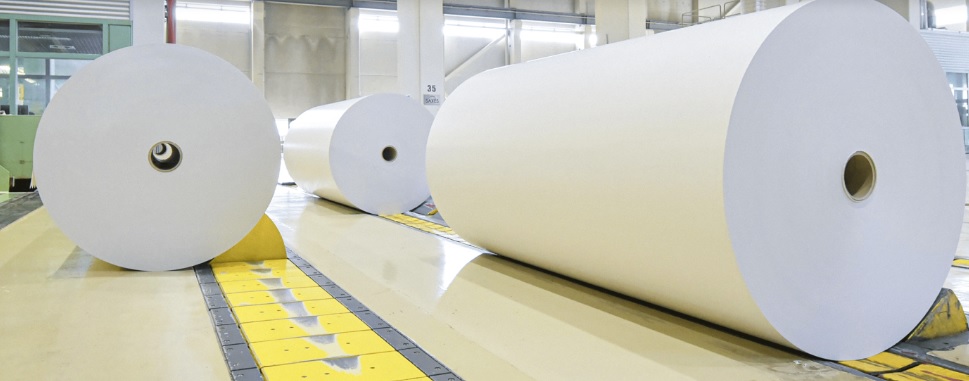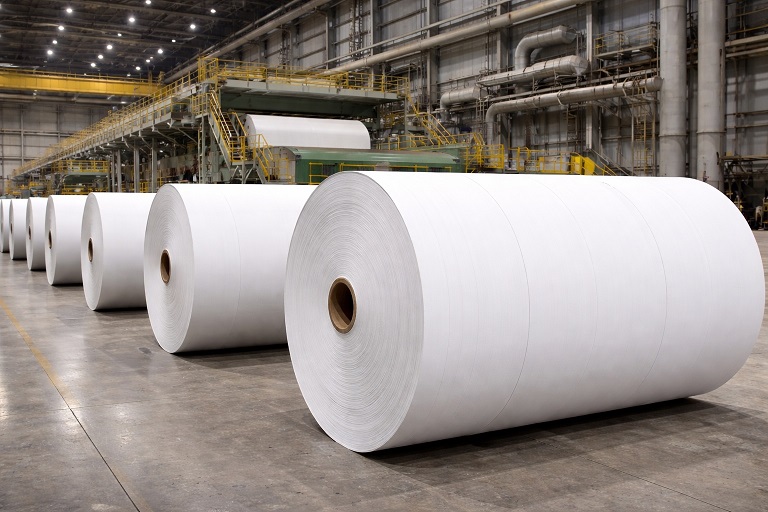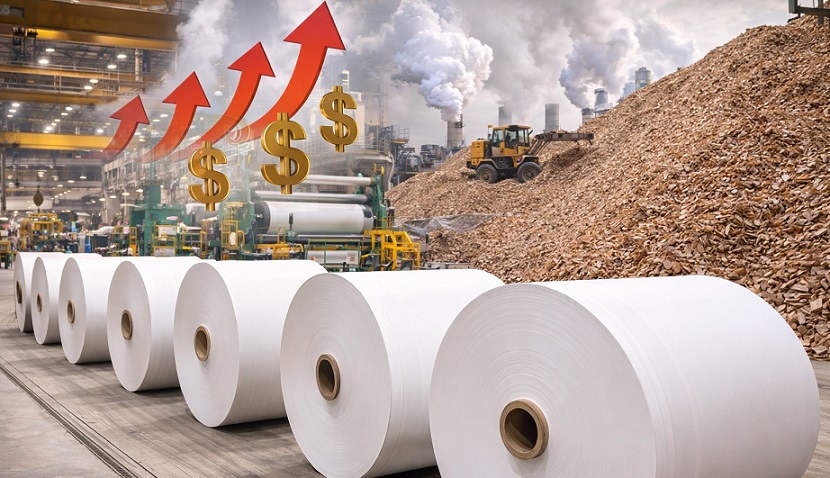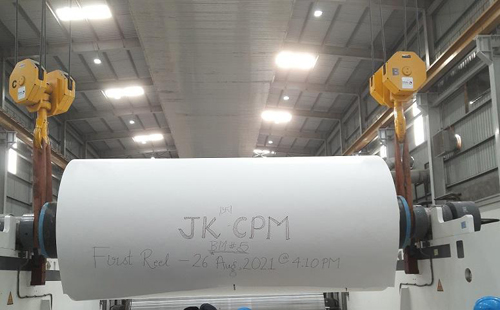JK Paper has developed short-rotation clones of subabul and eucalyptus with a duration of not more than three years
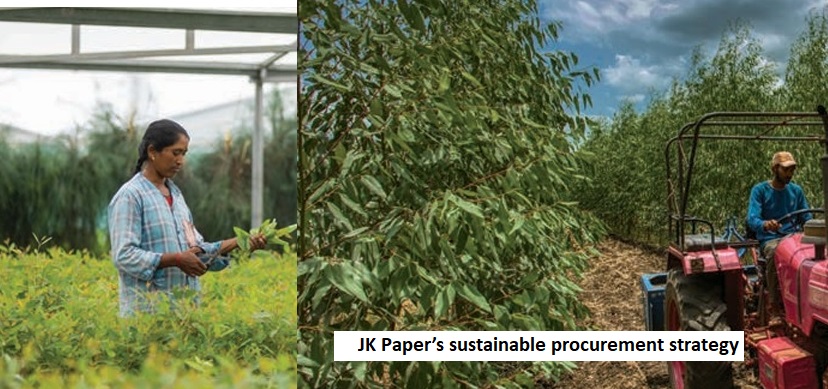
JK Paper has developed short-rotation clones of subabul and eucalyptus with a duration of not more than three years
JK Paper’s sustainable procurement strategy
The Pulp and Paper Times:
India ranks as the fifth largest market for paper and packaging, yet faces with a significant deficiency in fiber resources. This scarcity poses a challenge to the paper industry, compelling companies to place a premium on securing a steady supply of raw materials. In response to increasing demand, there has been a shift from a reliance solely on forest resources towards embracing agroforestry practices. This transition represents a significant evolution in the industry’s approach to sourcing raw materials, offering a more sustainable and diversified strategy for meeting the nation’s paper needs.
Procurement strategy
For over three decades, JK Paper has collaborated with farmers near its Odisha facility, a partnership that then commenced over two decades ago at Gujarat unit and was followed by the Telangana unit. These farmers have been cultivating fast-growing hardwood species such as eucalyptus, subabul, and casuarina, encouraged by JK Paper to plant across more than 81,000 acres(2023-24) in Gujarat, Maharashtra, Chhattisgarh, Madhya Pradesh, Andhra Pradesh, Telangana and Odisha. This initiative has not only expanded the Company’s resource base but has effectively lowered wood procurement expenses. JK Paper’s consistent plantation efforts have helped maintain a competitive edge over industry players, especially during periods of price volatility in the pulpwood market.
Strengths
State-of-the-art production centers: The Company made significant investments in state-of-the-art clonal production centers, leveraging cutting-edge technology to ensure consistent production of highquality planting material throughout the year. These advanced facilities enable the Company to maintain stringent quality standards and meet the demands of farmers and agricultural communities.
Research and development: Through dedicated research and development initiatives, the Company developed short-rotation clones of subabul and eucalyptus. These clones, with a duration of not more than three years, enhanced productivity, allowing farmers to generate higher annual revenues.
Clonal cultivation emphasis: JK Paper emphasises the cultivation of quality clones, recognising the pivotal role they play in enhancing farm yields. By focusing on the production of superior clones, the Company empowers farmers to achieve greater agricultural productivity and profitability.
Certification validation: The attainment of prestigious certifications such as the Forest Stewardship Council (FSC) certification across all units underscores JK Paper’s commitment to environmental stewardship and responsible resource management. These certifications serve as a testament to the Company’s adherence to rigorous standards of sustainability and environmental conservation.
Challenges and counter initiatives, 2023-24
A number of factories of wood-based industries (plywood, MDF, particle boards etc.) were established near the vicinity our of plantations. This put a strain on raw material availability, forcing paper mills to address their raw material needs. JK implemented measures to navigate the crisis, including securing materials from forest tenders and exploring alternative species areas, while strategically importing chips to maintain a planned minimum quantity. These actions were aimed at ensuring resilience and exerting control over the domestic market by buying at the right cost.
Initiatives
The scarcity of wood led to the procurement of material from distant locations, increasing input costs and deteriorating quality, consequently increasing output costs.
The complexity and unorganised nature of the supply chain for wood, sourced from numerous farm fields, necessitated a high inventory.
The Company enhanced farmer engagement and mobilisation by directly procuring from farmers and offering logistical assistance in exchange for fair compensation.
JK Paper, including SPM, accessed raw material from 81,000 acres, the highest plantation area in its history.
FSC® certification
The Forest Stewardship Council (FSC) is guided by a global network comprising over 1,000 individuals and member organisations representing diverse environmental, social and economic viewpoints. This international certification has become a benchmark for responsible organisations. JK Paper holds FSC® COC/ CW and FSC® - FM/COC certificates, ensuring that its products originate from forests managed to meet the social, economic, and ecological needs of present and future generations. Having acquired forest management and chain-of-custody certifications, JK Paper is equipped to manufacture FSC® COC certified products, including various types such as writing, printing, copier, bond, coated, and uncoated papers. In 2023-24, the Company sourced 100% of its raw materials from sustainable origins, categorised into two groups: FSC® 100% wood sourced from its meticulously managed group plantations, and verified controlled wood procured through suppliers located in regions like Odisha, Andhra Pradesh, Chhattisgarh, Gujarat, Maharashtra, Telangana and Madhya Pradesh, all accompanied by requisite documentation.
Tree plantation
The Company increased tree planting virtually every year across the last couple of decades, greening the environment, enhancing farmer livelihoods and enhancing resource security – a win-win proposition.
Clonal plantation coverage
The Company embarked on an innovative approach by developing the shorter maturity Subabul clone, reducing the rotation time from three years. This initiative enhanced productivity and sustainability across 85% plantations within a 200 km radius from the mill, ensuring a readily available raw material. Through extensive research, productive clones were cultivated, promising increased farmer incomes while delivering quality material with superior pulp yield in shorter cycles. Moreover, strategic associations and tie-ups with public sector undertakings and corporates were forged to streamline plantation efforts and wood procurement. Complementing these endeavours, advanced analytics optimised sourcing decisions and cost management, facilitating efficient operations and sustainable growth.
Web Title: JK Paper has developed short-rotation clones of subabul and eucalyptus with a duration of not more than three years




 Join WhatsApp Group
Join WhatsApp Group Join Telegram Channel
Join Telegram Channel Join YouTube Channel
Join YouTube Channel Join Job Channel (View | Submit Jobs)
Join Job Channel (View | Submit Jobs) Join Buy Sell Channel (Free to Submit)
Join Buy Sell Channel (Free to Submit) Paper News Headlines Channel (Free to read)
Paper News Headlines Channel (Free to read)




